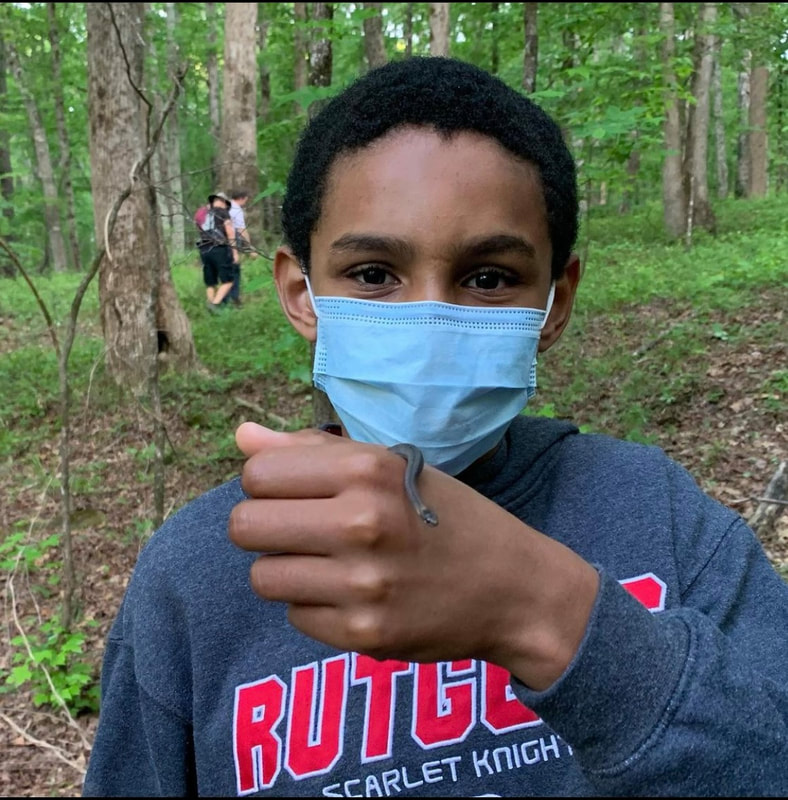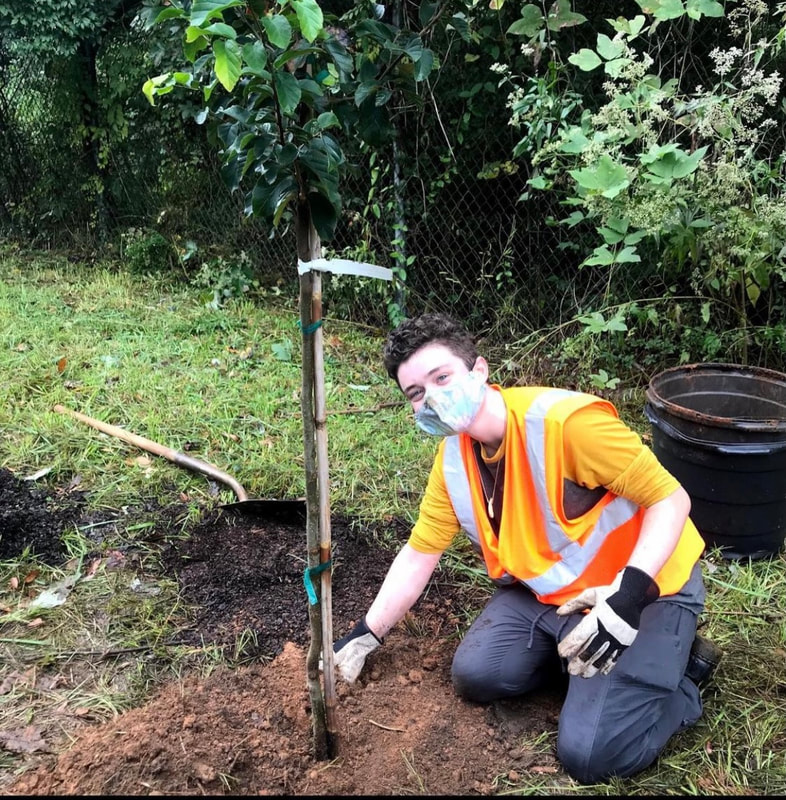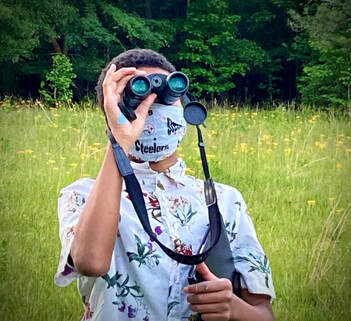Atlanta Urban Ecologists II
Offered to students in grades 9 through 12 who have completed the first Audubon Urban Ecologists course, this second year course offers a new suite of experiences with new conservation nonprofit partners, including Georgia Audubon, Georgia Department Natural Resources, Zoo Atlanta, Cubihatcha Outdoor Center, West Atlanta Watershed Alliance, Fulton County Public Works, and Atlanta Coyote Project.
Sessions are hosted by a different environmental nonprofit on the second Saturday of each month from 10:00 AM to 1:00 PM from October to May. An orientation session will be held on Sunday, September 12, from 5:00 to 6:30 PM at the Georgia Audubon office..
See below for the program calendar and session descriptions.
Program fee: $425
Need-based scholarships are available. Please apply for a Georgia Audubon Scholarship if cost is a burden.
For more information on this program, please email Melissa Paduani, Education Program Coordinator, at melissa.paduani@georgiaaudubon.org.
*Changes to the schedule are noted in the program calendar below.
Sessions are hosted by a different environmental nonprofit on the second Saturday of each month from 10:00 AM to 1:00 PM from October to May. An orientation session will be held on Sunday, September 12, from 5:00 to 6:30 PM at the Georgia Audubon office..
See below for the program calendar and session descriptions.
Program fee: $425
Need-based scholarships are available. Please apply for a Georgia Audubon Scholarship if cost is a burden.
For more information on this program, please email Melissa Paduani, Education Program Coordinator, at melissa.paduani@georgiaaudubon.org.
*Changes to the schedule are noted in the program calendar below.
2020-2021 program schedule
September - Virtual orientation (Georgia Audubon Office)
Sunday, September 12, from 4:30 to 5:30 PM
Get to know your fellow Urban Ecologists and learn more about the fun we'll be having this year at this interactive orientation session.
Get to know your fellow Urban Ecologists and learn more about the fun we'll be having this year at this interactive orientation session.
October – Environmental Justice with West Atlanta Watershed Alliance (Outdoor Activity Center, Atlanta)
Saturday, October 9, from 10:00 AM to 1:00 PM
The West Atlanta Watershed Alliance (WAWA) is a community-based non-profit organization whose mission is to improve the quality of life within the West Atlanta watershed by protecting, preserving and restoring the community’s natural resources. WAWA represents African American neighborhoods in Northwest and Southwest Atlanta that are most inundated with environmental stressors but are least represented at environmental decision-making tables. More on this session coming soon!
The West Atlanta Watershed Alliance (WAWA) is a community-based non-profit organization whose mission is to improve the quality of life within the West Atlanta watershed by protecting, preserving and restoring the community’s natural resources. WAWA represents African American neighborhoods in Northwest and Southwest Atlanta that are most inundated with environmental stressors but are least represented at environmental decision-making tables. More on this session coming soon!
November – Bugs! Bugs! Bugs! with Georgia Audubon (Atlanta, location TBD
Saturday, November 13, from 10:00 AM to 1:00 PM
Ecology is all about the interconnectedness of nature. During this session we will take a deep dive into the world of insects! Insects are often overlooked as being essential to a habitat. They provide food for other organisms, engineer habitat, pollinate and so much more. Insects also play an active role in the daily lives of our feather friends. This program will allow students to learn about insects from an entomologist, and how they are connected to birds!
Ecology is all about the interconnectedness of nature. During this session we will take a deep dive into the world of insects! Insects are often overlooked as being essential to a habitat. They provide food for other organisms, engineer habitat, pollinate and so much more. Insects also play an active role in the daily lives of our feather friends. This program will allow students to learn about insects from an entomologist, and how they are connected to birds!
December – Bird Banding with Georgia Bird Observatory and Georgia Audubon (Panola Mountain State Park, Stockbridge, GA)
|
SUNDAY, December 12, 10:00 AM to 1:00 PM
This year, we have the unique opportunity to visit one of Georgia’s most active banding stations at Panola Mountain State Park. On a short hike to the station, we’ll brush up on our binocular and bird identification skills. During the interactive banding session, students will learn how mist nets are used for catching birds and see the tools and techniques used in the banding process, giving them the opportunity to see birds up-close in the hand. Students will also learn how scientists use their research to inform conservation decisions to benefit birds, giving them a unique glimpse into exciting careers in ornithology. |
January – Reptiles with Zoo Atlanta (Atlanta)
Saturday, January 8, from 10:00 AM to 1:00 PM
Zoo Atlanta is directly involved in field conservation programs for wildlife and wild places around the globe and right here in Georgia. Members of our team are personally engaged in field work, community outreach programs, research, and education programs. Zoo Atlanta is actively involved in two local, reptile conservation projects: Eastern Indigo Snake conservation and Diamondback Terrapin conservation. During this class, students will meet with Zoo Atlanta team members to learn more about our conservation efforts and how they can help save species in their own community.
Zoo Atlanta is directly involved in field conservation programs for wildlife and wild places around the globe and right here in Georgia. Members of our team are personally engaged in field work, community outreach programs, research, and education programs. Zoo Atlanta is actively involved in two local, reptile conservation projects: Eastern Indigo Snake conservation and Diamondback Terrapin conservation. During this class, students will meet with Zoo Atlanta team members to learn more about our conservation efforts and how they can help save species in their own community.
February – Urban Coyotes with Atlanta Coyote Project (location TBD)
Saturday, February 12, from 10:00 AM to 1:00 PM
Coyotes are relatively new to the southeast, but they simply filled a vacancy that was created when humans wiped out red wolves. In spite of the fear and concern that some people have about coyotes, they are remarkable animals who serve an important role as top predators in terrestrial ecosystems. Atlanta Coyote Project was formed by scientists interested in learning more about this highly intelligent, adaptable species. Students will learn about the biology and natural history of coyotes, we'll look for scat as a way to understand coyote diets, we'll visit persimmon trees, which are favored food resources for coyotes in the southeast during the fall, and we will analyze images of wildlife collected from remote cameras. In addition, students will see the vital role that citizen science plays in the Atlanta Coyote Project.
Coyotes are relatively new to the southeast, but they simply filled a vacancy that was created when humans wiped out red wolves. In spite of the fear and concern that some people have about coyotes, they are remarkable animals who serve an important role as top predators in terrestrial ecosystems. Atlanta Coyote Project was formed by scientists interested in learning more about this highly intelligent, adaptable species. Students will learn about the biology and natural history of coyotes, we'll look for scat as a way to understand coyote diets, we'll visit persimmon trees, which are favored food resources for coyotes in the southeast during the fall, and we will analyze images of wildlife collected from remote cameras. In addition, students will see the vital role that citizen science plays in the Atlanta Coyote Project.
March – Urban Water Systems with Fulton Co. Public Works (Atlanta)
Saturday, March 12, from 10:00 AM to 1:00 PM
Drinking water and wastewater treatment systems are an important resource that many Georgian’s rely on daily. Do you know how water gets to the sink or where it goes when it disappears down the drain? There are many ways that we can get involved in protecting our water resources by using our drinking water and wastewater systems properly, and there are many careers involved in keeping these vital systems running 24/7. During these sessions, we will learn about drinking water treatment processes that create safe drinking water. We’ll also tour a wastewater treatment plant to see what is required to treat water that we use before being able to return it to the environment.
Drinking water and wastewater treatment systems are an important resource that many Georgian’s rely on daily. Do you know how water gets to the sink or where it goes when it disappears down the drain? There are many ways that we can get involved in protecting our water resources by using our drinking water and wastewater systems properly, and there are many careers involved in keeping these vital systems running 24/7. During these sessions, we will learn about drinking water treatment processes that create safe drinking water. We’ll also tour a wastewater treatment plant to see what is required to treat water that we use before being able to return it to the environment.
April – Georgia’s Bats with Georgia Department of Natural Resources (Location TBD)
Saturday, April 19, from 10:00 AM to 1:00 PM
Bats are a valuable and fascinating part of Georgia's natural heritage. They provide a beneficial service by foraging on flying insects, many of which are pests. A single bat can eat hundreds of mosquitoes in one hour. They also eat large numbers of moths and beetles that cause agricultural damage. A few of Georgia’s 16 bat species have specific habitat needs, requiring caves with suitable temperature and humidity or large, hollow bottomland trees. However, the majority can thrive in human-dominated landscapes. Join DNR biologists to learn more about Georgia’s bats, including natural history, threats to their survival, and how you can help conserve these marvelous flying mammals. We will also investigate places that bats live, such as bat houses and even under bridges.
Bats are a valuable and fascinating part of Georgia's natural heritage. They provide a beneficial service by foraging on flying insects, many of which are pests. A single bat can eat hundreds of mosquitoes in one hour. They also eat large numbers of moths and beetles that cause agricultural damage. A few of Georgia’s 16 bat species have specific habitat needs, requiring caves with suitable temperature and humidity or large, hollow bottomland trees. However, the majority can thrive in human-dominated landscapes. Join DNR biologists to learn more about Georgia’s bats, including natural history, threats to their survival, and how you can help conserve these marvelous flying mammals. We will also investigate places that bats live, such as bat houses and even under bridges.
May – Graduation Boat Ride and Picnic with Cubihatcha Outdoor Center (Locust Grove
Saturday, May 14, from 10:00 AM to 1:00 PM
Cubihatcha Outdoor Education Center is a Henry County Water Authority (HCWA) wetland enhancement and protection corridor created to improve and protect existing habitats while providing an avenue for public education and recreation. At this final session, we’ll take a boat tour of one of the five reservoirs managed by HCWA, observing a diversity of birds and other wildlife that make their homes here while learning about the multi-faceted work HCWA staff is doing to improve the landscape for both people and wildlife. We’ll wrap up with a picnic lunch and a celebration of our time together this year.
Cubihatcha Outdoor Education Center is a Henry County Water Authority (HCWA) wetland enhancement and protection corridor created to improve and protect existing habitats while providing an avenue for public education and recreation. At this final session, we’ll take a boat tour of one of the five reservoirs managed by HCWA, observing a diversity of birds and other wildlife that make their homes here while learning about the multi-faceted work HCWA staff is doing to improve the landscape for both people and wildlife. We’ll wrap up with a picnic lunch and a celebration of our time together this year.





